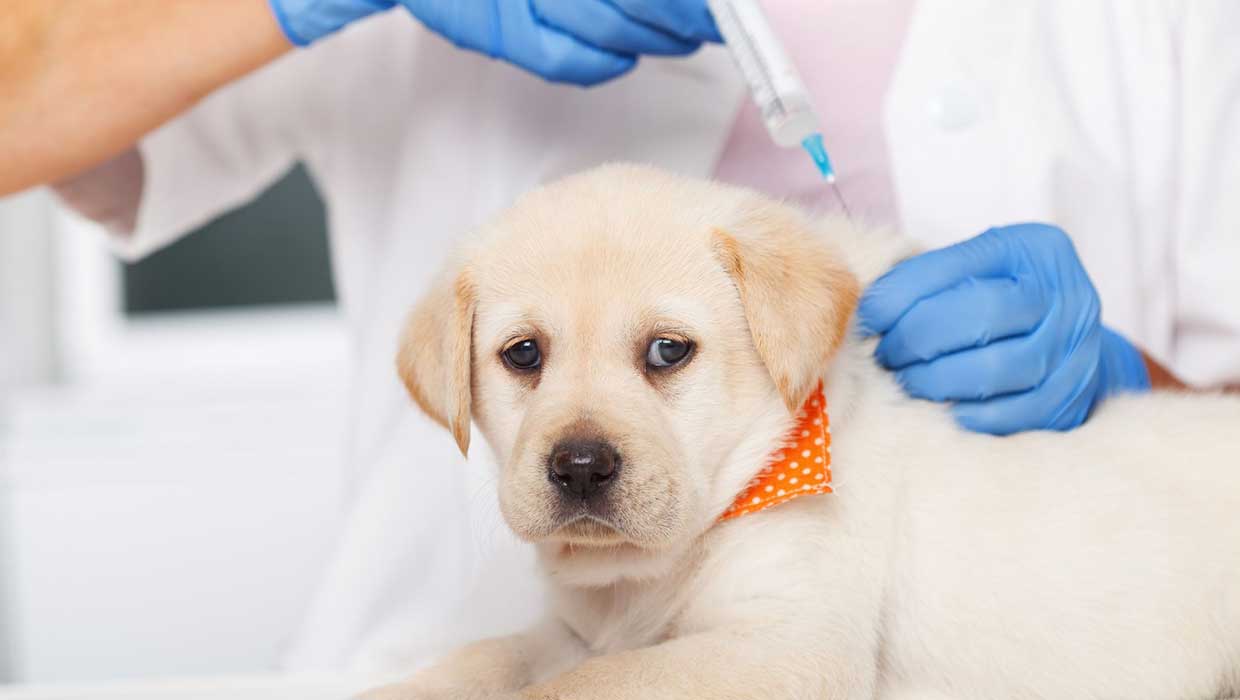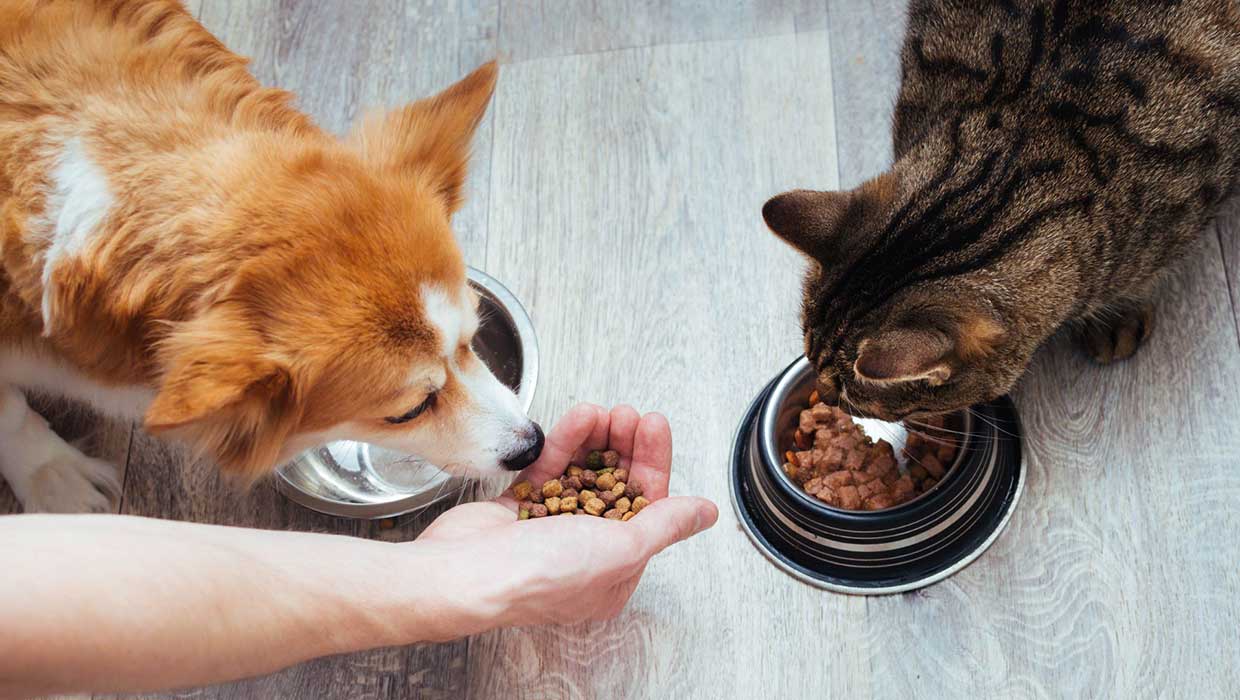Rabies is a viral disease that poses a serious threat to both animals and humans. Contrary to common misconceptions, not all dogs carry rabies from birth. It is a disease transmitted through the bite of an infected animal, typically through their saliva.
Let’s delve into the essential facts about rabies, as compiled by our team of experts at Maxime:
What is Rabies?
Rabies is a deadly virus that attacks the nervous system of the infected animal or person. It spreads primarily through the bite of a rabid animal. In rare cases, transmission can also occur if the infected animal’s saliva comes into contact with an open wound, eyes, nose, or mouth of another creature.
Signs and Symptoms of Rabies: Once rabies enters the bloodstream, the infected animal may display the following symptoms:
- Uncharacteristic aggression
- Excessive drooling
- Fever
- Staggered gait
- Paralysis
- Trouble swallowing
- Seizures
Unfortunately, once these symptoms manifest, the disease is nearly always fatal. If you observe any of these signs in your pet following a potential exposure to a rabid animal, seek immediate veterinary care.
Protecting Yourself and Your Pets from Rabies: The good news is that rabies is a preventable disease through vaccination. According to the Anti-Rabies Act of 2007 (Republic Act 9482), dog owners are required by law to have their dogs vaccinated against rabies annually, starting from three months of age. Maintaining a registration card that records all vaccinations is essential, and non-compliance may result in sanctions.
Responsible pet ownership involves staying up-to-date with your pet’s vaccinations. This ensures their protection throughout their entire life. Additionally, you can take these extra precautions:
- Keep your pets indoors or supervised when outdoors to reduce their risk of encountering infected animals.
- Consider spaying or neutering your cats to reduce their urge to roam outdoors.
- Prevent wildlife from entering your home by sealing windows and covering small openings to keep bats out.
- Avoid touching injured or dead stray animals with your bare hands. Contact local officials or animal control for assistance and proper handling.
- Refrain from touching any stray animal displaying unnatural behavior.
- Do not keep wild animals as pets, as many exotic animals cannot be vaccinated against rabies.
Remember, while rabies is nearly always fatal, it is entirely preventable. As a responsible pet owner, follow these guidelines to ensure your safety and the well-being of your beloved furry companions. And to provide them with proper nourishment, consider Maxime Dog Food for a nutritionally-balanced meal. Live the best life together with all your furry babies!
References:
Rabies Facts Prevention Tips, AmericanHumane.org
Rabies Facts, Prevention and Actions to Take if You’re Bitten, CountrySideVeterinaryClinic.com
Rabies: Symptoms and Causes, MayoClinic.org
Rabies Prevention and Control Program, DOH.gov.ph



